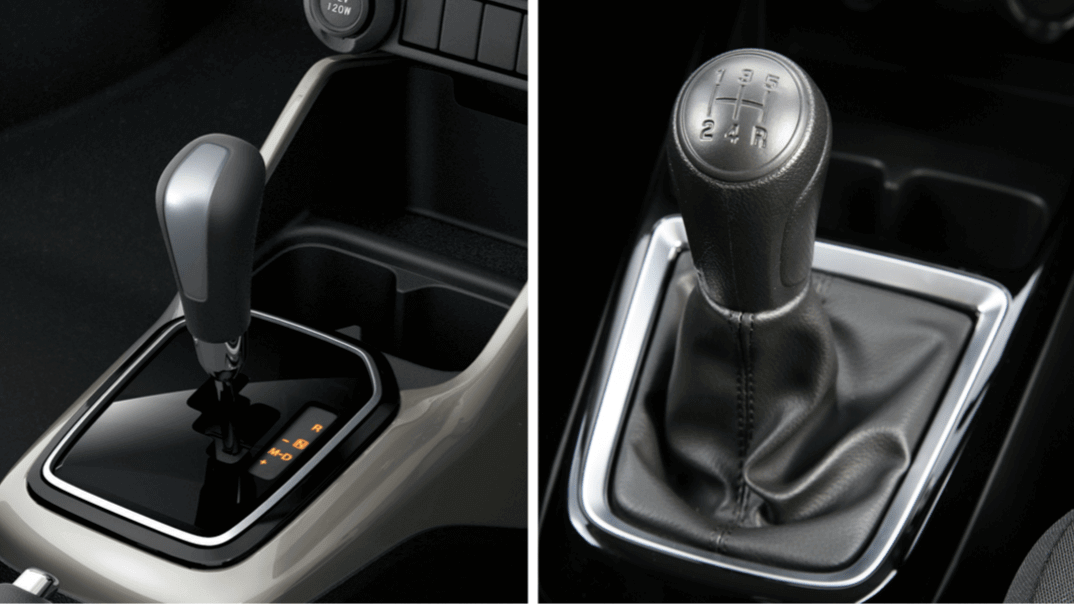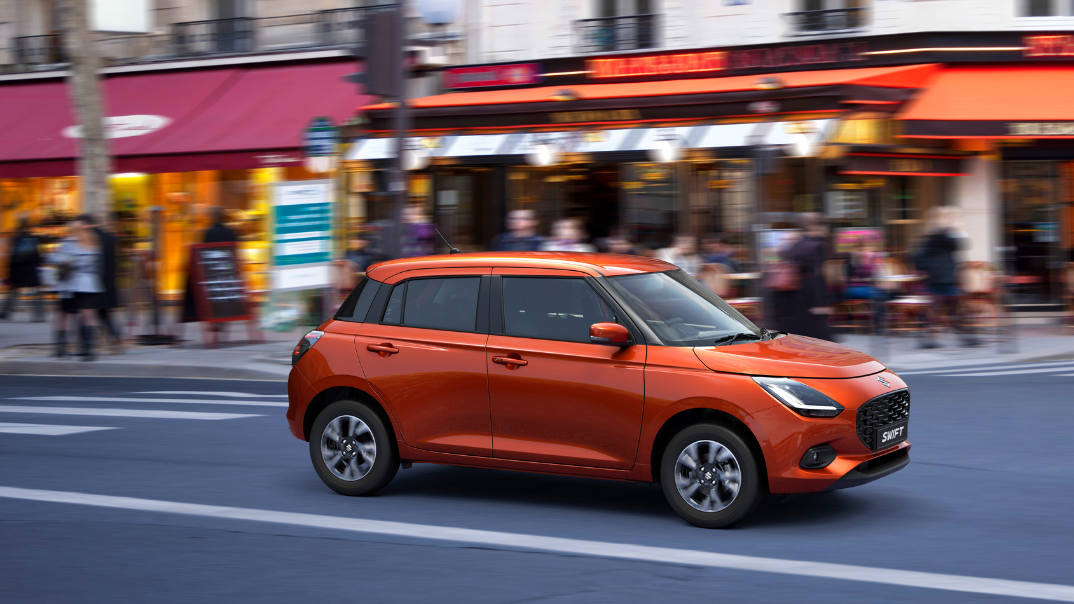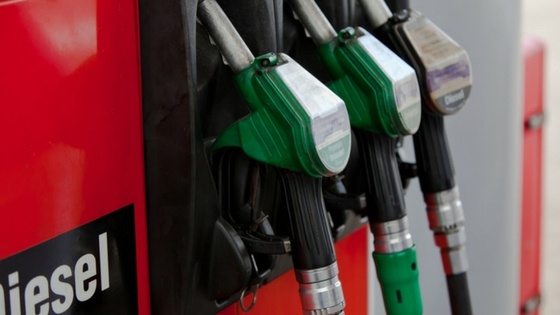![How much am I spending this month on fuel with the changing fuel price? [Calculator]](https://blog.suzukiauto.co.za/hs-fs/hubfs/How%20much%20am%20I%20spending%20this%20month%20on%20fuel%20with%20the%20changing%20fuel%20price%3F%20%5BCalculator%5D.png?width=1074&name=How%20much%20am%20I%20spending%20this%20month%20on%20fuel%20with%20the%20changing%20fuel%20price%3F%20%5BCalculator%5D.png) Struggling to plan your fuel budget? Use this handy calculator!
Struggling to plan your fuel budget? Use this handy calculator!
Attempting to plan your monthly fuel budget is a bit like trying to eat soup with chopsticks – not easy. The ever-changing fuel prices leave many vehicle owners short at the end of the month, simply because they’re unsure how much fuel they normally use per month (and because recalculating every time there’s a price change has almost become a full-time job).
To make things a bit simpler, we’ve compiled a handy calculator that will help you gauge how much you’ll be spending on fuel at the current price.
SELECT YOUR SUZUKI MODEL
Estimated KM Per Litre*
0KM/ℓ
Estimated Litres per 100 KM*
0ℓ/100KM
SELECT YOUR SUZUKI MODEL
Estimated Tank Capacity Cost*
R0
Disclaimer
This tool is designed to provide an estimated calculation of fuel efficiency. Fuel efficiency of any vehicle is determined by many factors; including, but not limited to driving style, altitude, engine capacity and more. To find your vehicle's optimal fuel consumption and tank size, consult your owner's manual or talk to your dealer.
Here are some tips for fuel efficiency:
1. Traffic kills fuel economy
Traffic is your worst enemy when you’re trying to cut down on fuel. No matter what car you drive, hours of stop-start traffic every week will result in an increase in your fuel bill. The catch is that most of us can’t avoid traffic – we don’t have the option of leaving earlier or later – so the most logical solution is to factor traffic into your expected fuel consumption so that you’re at least not caught off-guard by your fuel costs.
That said, there are some ways you can try and avoid traffic. It won’t work in all areas, but sometimes leaving just ten minutes earlier in the morning or later in the afternoon can make a big difference. Alternative routes with slightly less traffic will even make a difference. It may sound like a losing battle but make an effort to find small solutions to avoid the heaviest traffic, even if it’s just once or twice a week – in the long run it can make a difference to how much you’re spending.
2. Don’t forget the side trips
Most of us forget to add those little side-trips into the mix when budgeting for fuel. Your trip to work and back is the biggest part of your fuel bill, but meetings, picking up children, quickly running to the shop or visiting a friend all add to your fuel bill. A good test is to zero your odometer at the beginning of the month or week and see many kilometres you’re really driving – you’ll be surprised by how much those short trips can add up to. If you really want to save, try to plan ahead and get as much done per trip as possible, so you can avoid all those ‘quick’ runs for the little things you forget throughout the week. Easier said than done, but once it’s in the back of your mind, you might find yourself cutting down on unnecessary drives.
3. What’s your style?
Your driving habits have a huge impact on your fuel consumption. It might take some time but unlearning some bad habits can save a surprising amount of money. A few examples of habits that can raise your fuel costs:
Don’t leave your car idling – this uses up a massive amount of fuel. So switch off your car while waiting for the kids to load all the gear, or for someone who’s quickly run into the shop.
Keep your car healthy – regular vehicle maintenance is crucial. Your car is most likely designed to be as fuel-efficient as possible, but if it’s not in good condition then it’s not working the way it’s supposed to.
Make a habit of checking your tyres as often as possible. Correct tyre pressure is a key ingredient in keeping your fuel costs low.
Don’t accelerate from one traffic light to the next, just go with the flow. You’re not going to make up any real-time, and you’re just eating into your fuel spend.
Declutter your car. If you have a family, or regularly travel with sports equipment etc., don’t leave the clutter in your car when it’s not needed. Increased weight means you’re using more fuel. It might not be a lot of weight, but it will add up over time, especially if you’re combining it with some or all of the above.
At the end of the day, an increase in the fuel price will probably give your budget a knock, but you can reduce the effect by ensuring your car is well-maintained and adapting your driving style and habits. Every small change can make a difference, so if your budget is really tight these changes could end up saving you a few thousand Rands within the space of a year. Definitely worth it.
If that doesn’t work then maybe you need to start looking at more fuel-efficient vehicles. Book a test drive in one of our fuel-efficient cars.



